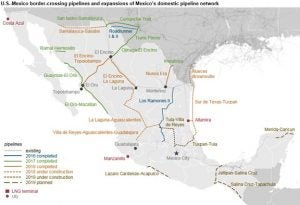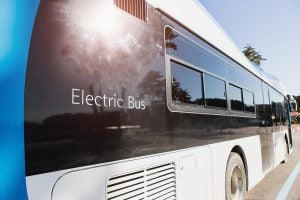 In the United States, onshore oil and gas extraction operations generate nearly a trillion gallons of produced water annually. It is the largest waste stream associated with upstream development of petroleum hydrocarbons.
In the United States, onshore oil and gas extraction operations generate nearly a trillion gallons of produced water annually. It is the largest waste stream associated with upstream development of petroleum hydrocarbons.
As EDF has written in numerous posts, this wastewater from oil and gas wells can be complex and toxic. In addition to the chemicals companies use during drilling and extraction, it can contain a wide range of potentially harmful material that already existed in the ground, and can be many times saltier than seawater. There’s a lot of it, too. Some wells produce up to 10 times as much wastewater as they do oil.











